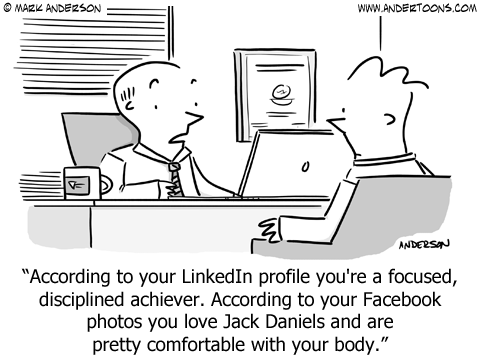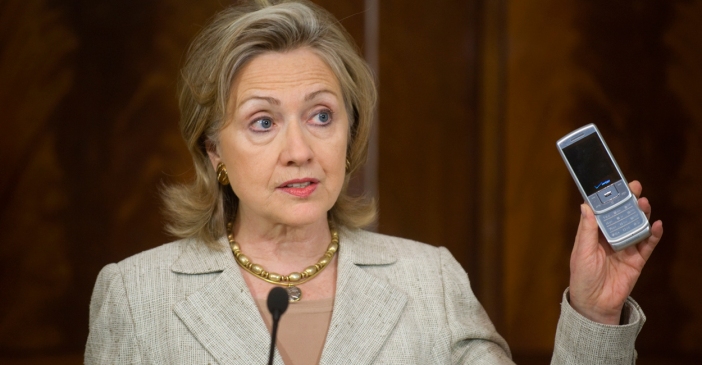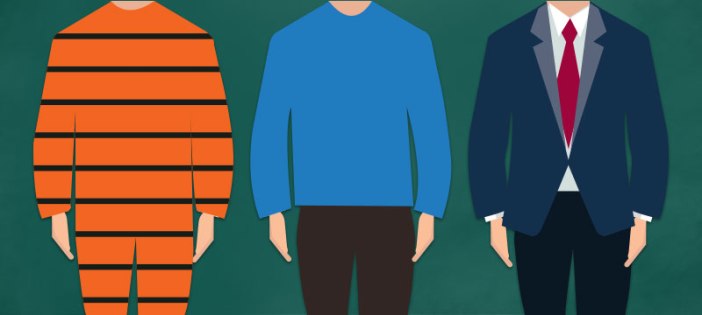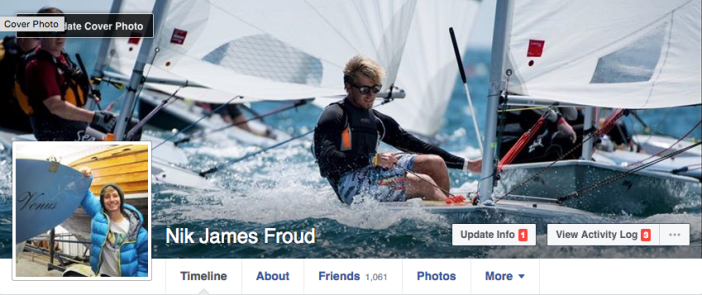
When reflecting on this module, the main question I felt I had to ask myself was, how has this module changed the way I use the web? Somewhat oddly, I found that it was not as much as I had expected, However I found there to be good reason for this and I also realised I had learnt a huge amount about myself why I use the internet the way I do in both my working and professional life, as the Slideshow below demonstrates.
Before taking this module, I was always cautious with what I posted on my social media platforms. In my capacity as a sailing coach, I have always felt obligated not to post anything that would compromise my professionalism should any of my sailors find my online profiles. Indeed, many of the sailors I coach are children and are just starting to discover and utilise a variety of social media platforms, such as Facebook, Twitter and Instagram – all of which I have an account on. As such, everything I post has been considered before hand and I feel that I have been able to maintain a strong authentic online professional profile since establishing my business four years ago. Should a potential client search me on Facebook, for example, I would feel happy that the person they were seeing on the screen in front of them was a true reflection of the person they would meet in person. Amongst other things, this module has reiterated to me how important this is.

Furthermore, this module has taught me how important it is to do exactly that – represent oneself authentically online. It has also taught me the potential negative consequences of abusing ethical standards online, aswell as a multitude of other new understandings. Consequently, my comprehension of the world wide web has changed and continues to change because of the material we have covered, perhaps best show by the following graph of my self test results.

The main thing I have gained through studying this module is the benefit of interacting with my peers. This is not something I have had the opportunity to do on a weekly basis in my academic life before and I found it to be wholly engaging and fulfilling. Comments from other bloggers often substantially increased my understanding of the topic we had been instructed to research.

Beyond this, I enjoyed the process of writing through the forum of a blog to the extent that it inspired me to carry on blogging in other capacity. Recently, I have started writing for a political orientated blog belonging to a friend of mine, ‘Foreword’.

This is something that I would never have considered doing prior to studying this module. The combination of increased online confidence and a better understanding of how to safely get involved in online communities that this module has given me has made me far more confident, well rounded and all round complete web user and for that I am grateful.
The module has been fun – I have enjoyed the lack of lectures and the challenge this presented in terms of managing my work load. I would welcome the opportunity to study a similarly structured module in the future.
Thank you Nic, Sarah and Lisa and Farewell UOSM 2033!
References:
What is Religion? A Reflection
https://www.instagram.com/seafarerfroud/
https://www.facebook.com/nik.j.froud


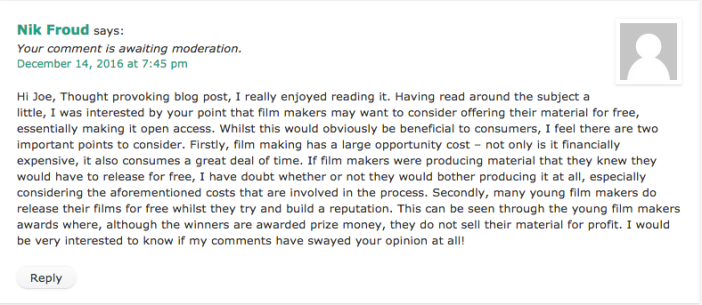
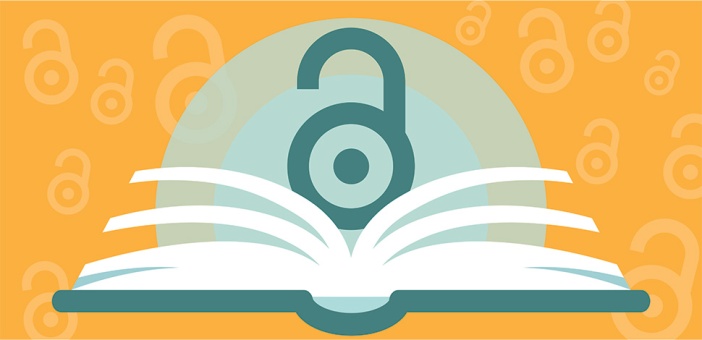
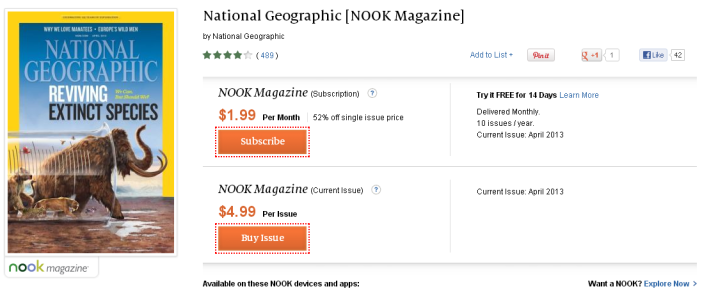
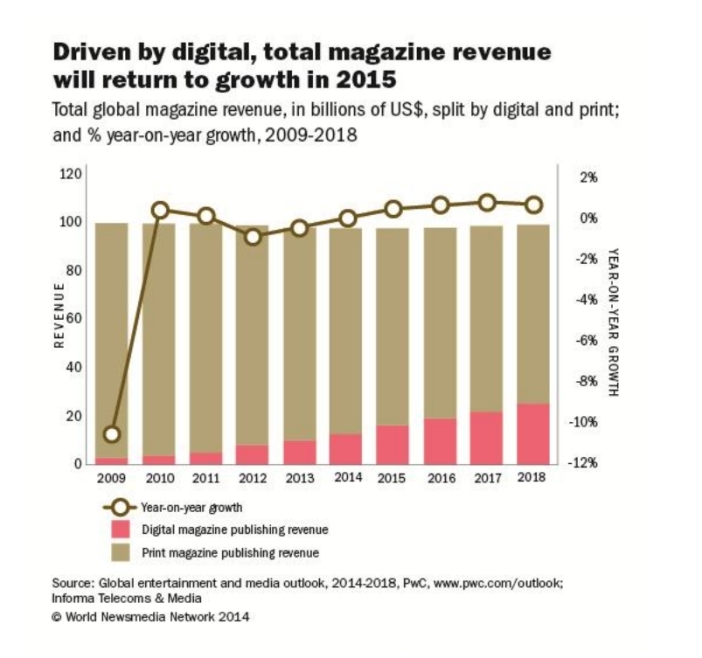

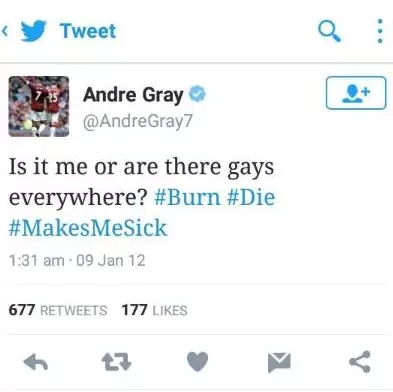
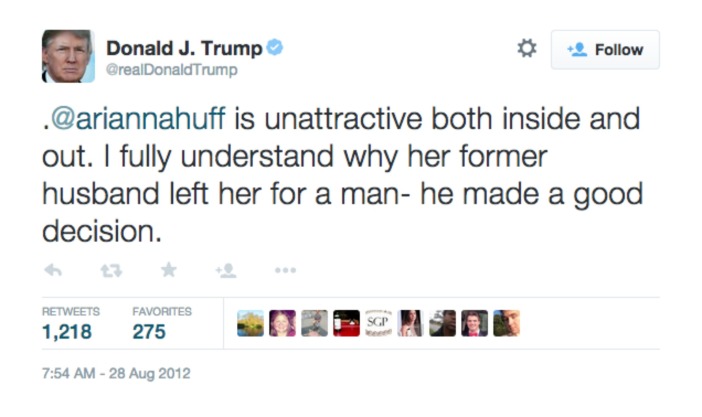
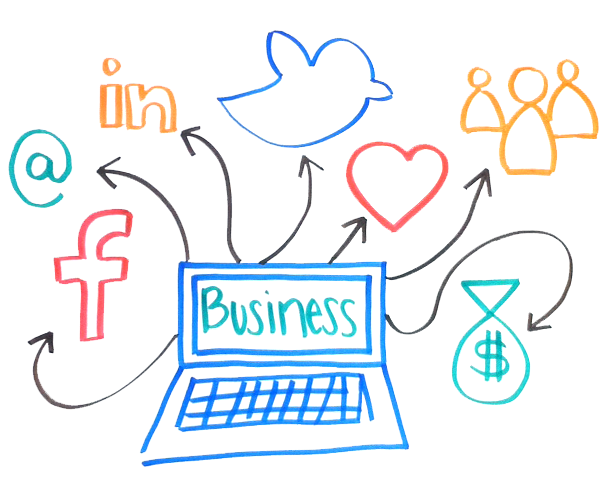 Our modern world presents a variety of challenges to the aspiring professional, regardless of their field of work or social sphere of influence. One of the more recent revelations that has a direct impact on aspiring and accomplished professionals alike (particularly of a younger generation), is the advent of online networking. These have been introduced with the aforementioned demographic as their primary target market and the importance of developing an online profile on such a platform is becoming ever increasingly vital.
Our modern world presents a variety of challenges to the aspiring professional, regardless of their field of work or social sphere of influence. One of the more recent revelations that has a direct impact on aspiring and accomplished professionals alike (particularly of a younger generation), is the advent of online networking. These have been introduced with the aforementioned demographic as their primary target market and the importance of developing an online profile on such a platform is becoming ever increasingly vital.
